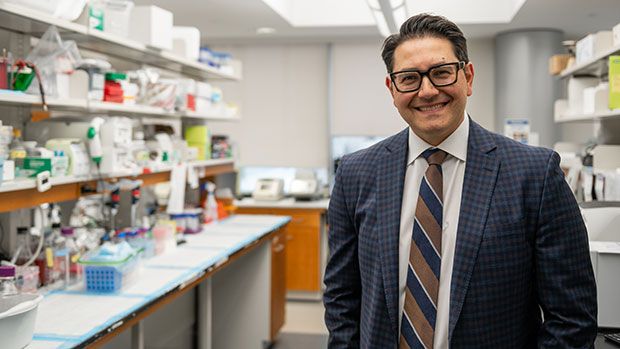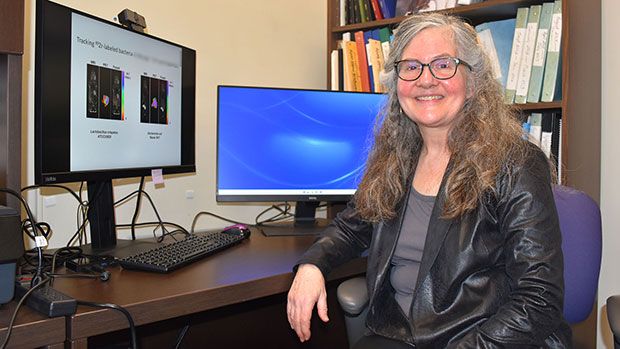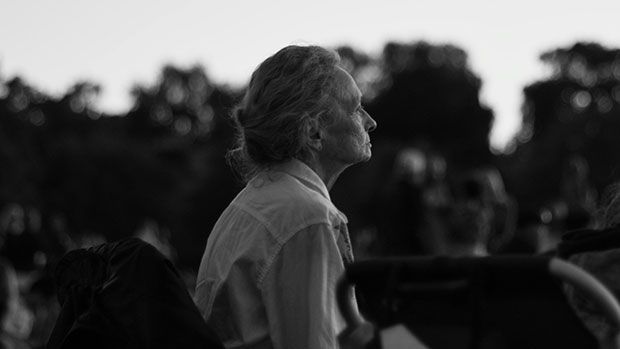Rare case of stroke recovery after 23 years, noted by researchers at Western University and Lawson Health Research Institute
London, Ontario - A Windsor man who regained use of his hand 23 years after having had a stroke is being described as a “remarkable” case by researchers who have tracked his recovery. The rare case challenges the conventional belief that stroke recovery occurs early or not at all.
Dr. J. David Spence, a professor of Neurology and Clinical Pharmacology at Western University’s Schulich School of Medicine & Dentistry, a scientist at Lawson Health Research Institute (Lawson) and a neurologist at London Health Sciences Centre (LHSC), is co-author of a paper recently published online in the Journal of Neurophysiology. In it, Spence describes seeing a 15-year-old patient at LHSC in 1979 who had just suffered a severe stroke with impairment that included losing the use of his left arm and hand. After 23 years of showing no improvement, the patient, John Humphrey, began swimming for exercise and weight control.
On a return visit, Humphrey surprised Spence by demonstrating partial use of his left hand. With intensive physiotherapy under the supervision of Dr. Robert Teasell, Medical Director of the Stroke Rehabilitation Unit at St. Joseph’s Health Care London’s Parkwood Institute, and Associate Scientist, Lawson Health Research Institute. Humphrey was able within two years to pick up coins with his previously non-functioning hand.
Functional MRI showed widespread recovery in both hemispheres of Humphrey’s brain, said Spence, who is also a scientist at Western’s Robarts Research Institute. Swimming had apparently triggered a rewiring within parts of the brain.
“It is widely believed that most stroke recovery occurs within six months, with little benefit of physiotherapy or other modalities beyond a year,” said Teasell, who is also a professor at Western’s Schulich School of Medicine & Dentistry, a Lawson scientist and one of the report’s co-authors, along with Spence, Dr.Peter Sörös of the University of Oldenburg in Germany and Dr. Daniel Hanley of Johns Hopkins University.
“This case provides impetus not only to more intensive and prolonged physiotherapy, but also to treatment with emerging modalities such as stem cell therapy, exosome and micro-RNA therapies,” their report says.
“My left arm was a paperweight for 23 years and now I am able to use it. This is just the start. I am going to get stronger,” said Humphrey, who is now 37 years post-stroke and continues physiotherapy at home and at a clinic in Windsor.
-30-
See all Lawson Media Releases
Lawson Health Research Institute is one of Canada’s top hospital-based research institutes, tackling the most pressing challenges in health care. As the research institute of London Health Sciences Centre and St. Joseph’s Health Care London, our innovation happens where care is delivered. Lawson research teams are at the leading-edge of science with the goal of improving health and the delivery of care for patients. Working in partnership with Western University, our researchers are encouraged to pursue their curiosity, collaborate often and share their discoveries widely. Research conducted through Lawson makes a difference in the lives of patients, families and communities around the world. To learn more, visit www.lawsonresearch.ca.
Western delivers an academic experience second to none. Since 1878, The Western Experience has combined academic excellence with life-long opportunities for intellectual, social and cultural growth in order to better serve our communities. Our research excellence expands knowledge and drives discovery with real-world application. Western attracts individuals with a broad worldview, seeking to study, influence and lead in the international community.
Communications Consultant & External Relations
Lawson Health Research Institute
T: 519-685-8500 ext. 75664
C. 519-619-3872
@email




